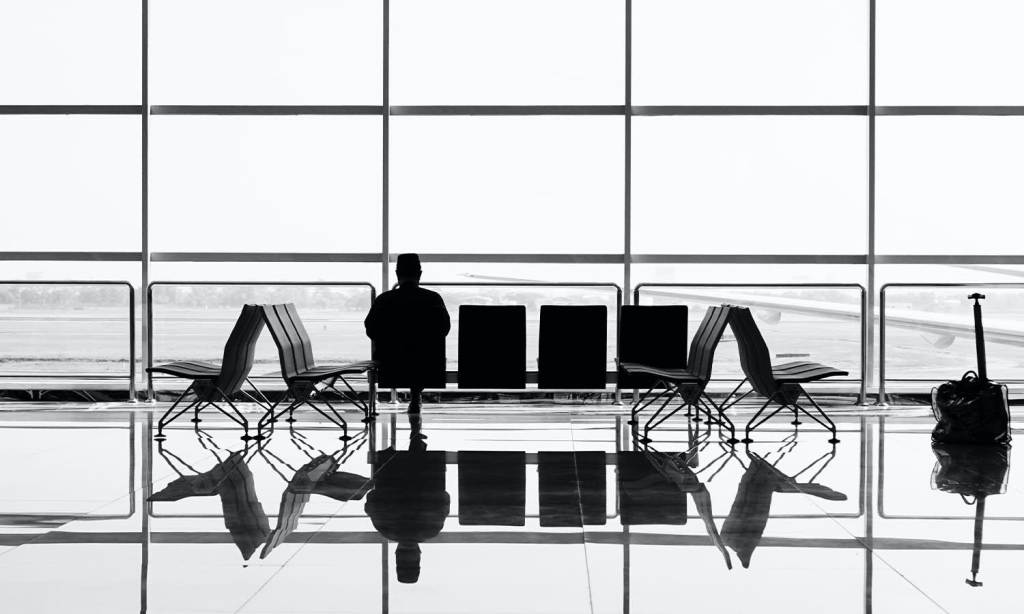The COVID-19 pandemic continues, but there is light at the end of the tunnel. With up to 95% effective vaccines in the works, some of which are days away from rolling out, it’s possible we’ll be travelling again sooner than we may have initially anticipated. And that’s something to celebrate.
But border openings are tricky to navigate, and with the prospect of international travel resuming, officials are working on a means of ensuring safety for all who take to the skies to visit faraway places.
Part of the plan now looks to include what the World Health Organisation (WHO) is calling “e-vaccination certificates” which would help the world open up once more for international travel.
There’s been talk of issuing “immunity passports”, which would allow those who have previously tested positive for COVID-19 to travel following their recovery —determined by detection of antibodies — but the WHO does not recommend this.
But the health body, would, however, consider “e-vaccination certificates” as a means of moving forward safely. The e-vaccination certificate would indicate if a traveller has received a COVID-19 vaccine.
Dr Siddharta Sankar Datta, Europe’s WHO program manager for vaccine-preventable diseases, told a press briefing this week: “We are looking very closely into the use of technology in this COVID-19 response, one of them how we can work with member states toward an e-vaccination certificate”.
It’s not the only solution being discussed currently. The International Air Transport Association (IATA) is working on Travel Pass — it’s a “health passport” of sorts with information, advice and resources regarding travel in the post-COVID world.
“To re-open borders without quarantine and restart aviation, governments need to be confident that they are effectively mitigating the risk of importing COVID-19,” an IATA press release reads. “This means having accurate information on passengers’ COVID-19 health status.”
Travel Pass will work from an app and will provide information around travel advice, government restrictions, airline regulations and testing facilities. The app will also collect and present data around testing. Should you be tested, you can receive your results directly through the app and easily display your negative results to airport personnel or health professionals.







